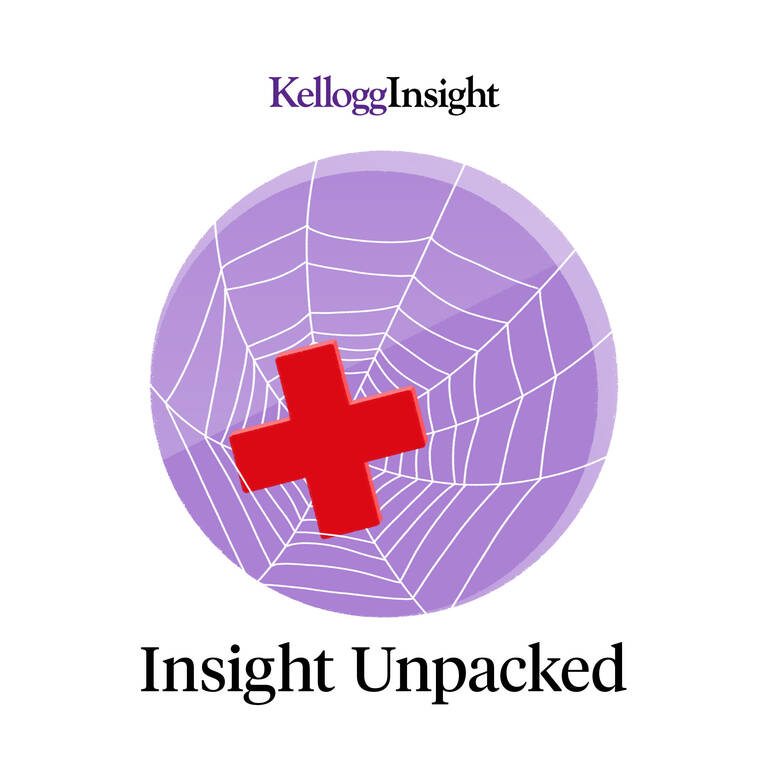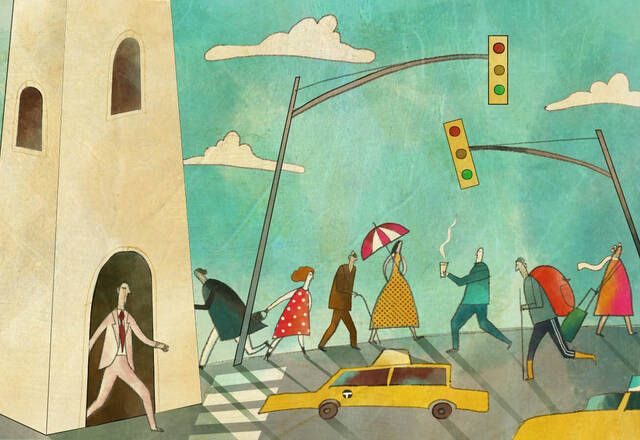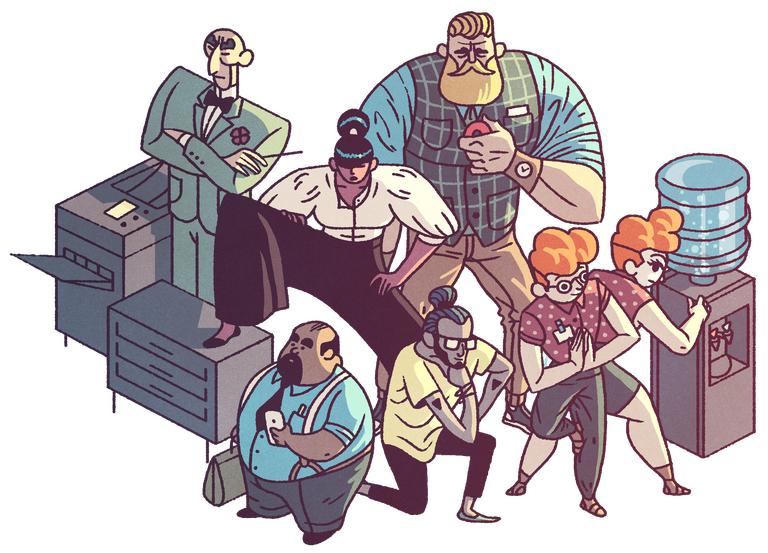
Kellogg researchers reveal a set of best practices—based on simulated missions to Mars—to keep teams working together effectively.
From brainstorming a little longer to incentivizing risk, these ideas can help your organization think differently.
A megastudy finds that a simple nudge can make a meaningful difference.

From ketchup on hot dogs to politics, it can be hard to talk constructively about polarizing issues. On this episode of The Insightful Leader, we play a game to recognize the traps we often fall into and learn how to avoid them.
A study of armed conflict in the post–World War II era finds that no matter the outcome on the battlefield, economies suffer on all sides.
Standardizing production has helped massive companies like IKEA, Starbucks, and Coca-Cola outscale their competitors.

It’s more than just being logical and analytical, research shows. But misperceptions can affect how people are treated and how much they are paid.

A Kellogg professor’s experience deploying AI in the classroom shows how domain knowledge and experimentation can lead to true breakthroughs.

A leaflet campaign during the 2023 Argentine presidential election was expected to hurt an outsider candidate but had the opposite effect. What went wrong?
The people you meet over your career can be an invaluable resource for discovering what you needed to know.
Whoever inherits the role must strike a balance between remaining true to the founder’s vision and not getting stuck in the past.

There’s no “correct” approach to laying people off, but on this episode of The Insightful Leader, we discuss how you can maintain your integrity through the process.
Whether you’re considering a job change or looking for a hot streak, research and insights from Kellogg faculty can help.
A new game helps people find common ground on divisive issues. But you don’t need to play to practice its principles.
Scientists who receive the Nobel Prize and other accolades do more-novel work both before and after winning, new research finds.
Whether they are selling your data or selling you the product, companies have to wrestle with competition and privacy concerns.

A new model shows why women lag behind in leadership roles—and how two policies could help narrow the career gender gap.
Conventional wisdom says that minority-owned branding limits your audience. That’s not the case for cannabis and psychedelics.
A study of voter preferences in the U.S. and Europe—across a wide range of races, ethnicities, and political affiliations—reveals why.











